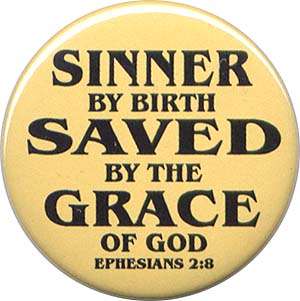"And yet, to me, what is this quintessence of dust?
William Shakespeare
In my last entry, I sought to consider the defining reality of our existence - not that we're made of atoms, part of a process or even defined by our genes, but that what presides over everything is the intention of God the Father to convey the nature and delight in His Son throughout all things. This, of course, is an entirely different purpose to the one we conclude from our own objective analysis of the material world (molecules and maths), and yet, inside each of us is a longing for just such an answer (that we truly have real and lasting value), hence our continual love for creative stories and events which dignify the best of our original humanity (love, compassion, integrity, and so on) amidst the most adverse of situations. The gap between these two realms makes sense when we realize that due to a historical event - our severance from Eden - we currently only carry a dim echo of what was lost, but this is enough for us to recognize, beneath our marred selfishness, that something more is meant to be. The issue then becomes how that gap is bridged.
Some years ago, a book I was reading noted that when you look at all religions and boil them down to their essential truths, there are actually 'very few people left in the room'. There are three. You either believe that God is entirely detached from us (a being that may have started the whole thing going, but hasn't been that interested since), that God is everything (which means we're pretty much stuck with the way things are) or that God is distinct from Creation, yet intimately concerned and involved for its ultimate well-being. Most religion (aside from most Eastern thought, which generally plums for the 2nd option) falls into category one, where what's actually needed is some special manner of enlightenment so we can finally escape the prison of the material (which is usually defined as a mistake - opps, so it all went wrong from the word go) to become something other, but that means that all of this is pretty much pointless (unless you're one of the few enlightened), so that, in truth, amounts to being as helpful as a view which says, in essence, it is all pointless (atheism), because it isn't actually going anywhere.
The true intention, says Christianity, is for all of creation to become adorned with a nature which genuinely conveys it's true glory (value), because within that perfection, the very nature (character) and beauty of God - the fellowship of the Father and the Son, through the Spirit - will be expressed and enjoyed. The intention of God, then, was for humanity in particular to participate in a life where everything, from the common to the most sublime will reflect something of that splendor, and for us to revel and enjoy this continuously amidst heaven and earth's correspondence. That's why it's through the common things of life - food (bread and wine), nature (water), the body (the Incarnation), words (the scriptures) - that God speaks the deepest to us. His purposes and His nature are woven into the very threads of all that He has made good.
When we gather this season around the story of Christ's coming, around the grape and wheat worked into the elements we use to celebrate that brightest moment in our world's story, then we can lift our eyes and foretaste what is truly the treasure of our existence. We were made to express something of the love and wonder known between our Father and His Son. Our spirits, notes C S Lewis, were made to burn such fuel, and nothing else will truly feed us at our deepest point. History is heading towards a wedding, and we can attend, purely because we are loved by a love that clothes us in ransom, forgiveness and care; that will make us what we are intended to be.
Glory to God in the Highest!
A blessed Christmas to us all.
Sunday 7 December 2014
Subscribe to:
Posts (Atom)




